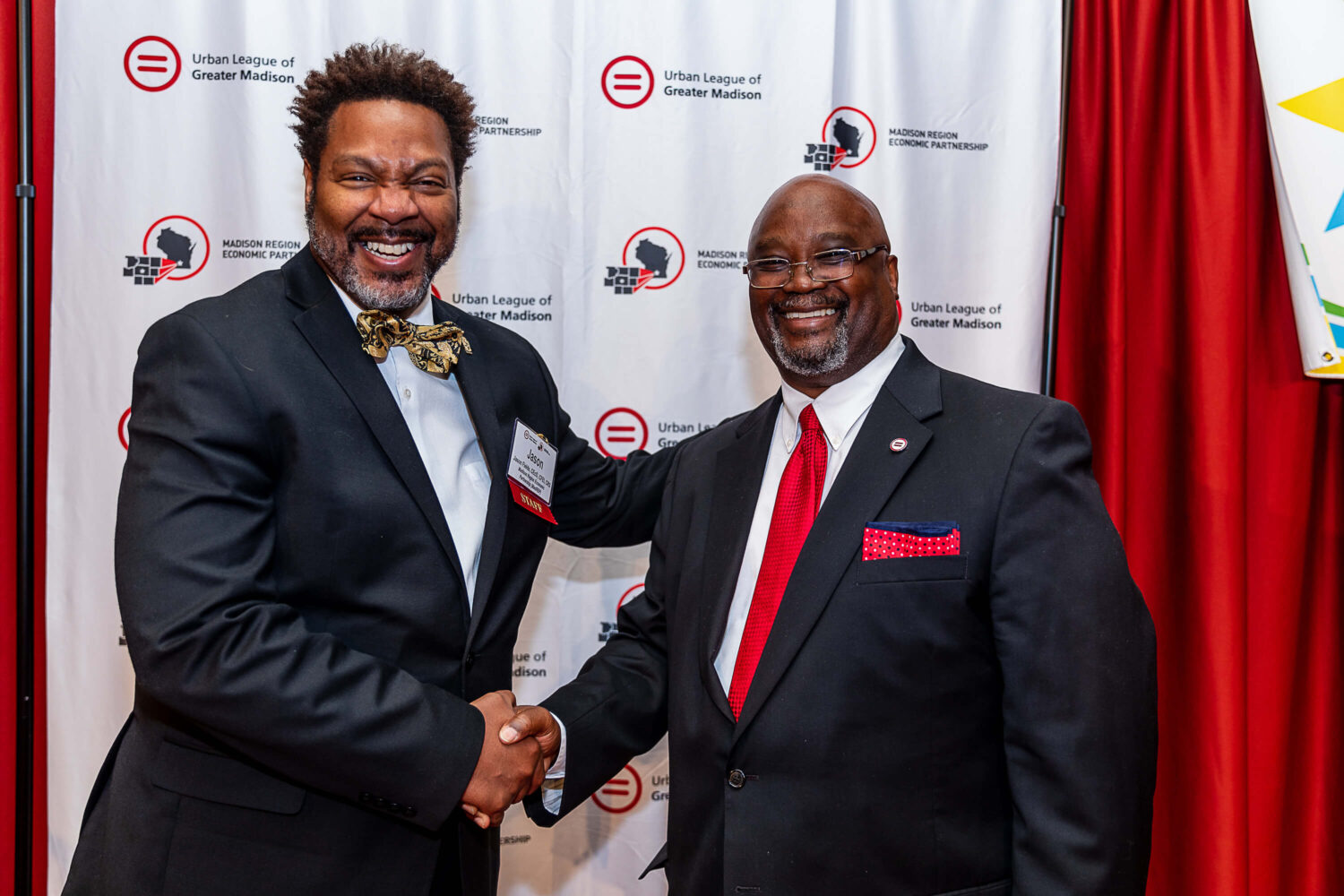Bridge Wisconsin will address the necessary interdependence between urban and rural communities for a thriving regional economy.
Madison Region Economic Partnership (MadREP) is pleased to announce a new initiative, Bridge Wisconsin, launching this fall. Bridge Wisconsin aims to serve as the connection point for the Madison Region, working collaboratively to close the economic gaps and drive innovation for rural and urban communities. This initiative will support five strategic priority areas: Housing, Early Childhood Education, Economic Equity & Investment, Workforce Development, and Sustainability.
“To be successful, economies must acknowledge and leverage the interdependence between their urban and rural assets,” said MadREP CEO Jason M. Fields, CEcD, CFEI, CCRS. “When I joined MadREP two years ago, I identified this as our Region’s most pressing obstacle to achieving the next level of success. To lead the implementation of Bridge Wisconsin, MadREP is excited to welcome our newest team member, Tonnetta Darcel Carter.”
Tonnetta joins MadREP as Chief Strategy Officer of Bridge Wisconsin where she is tasked with developing and executing the strategic vision of the regional initiative and driving innovation across Madison Region and the broader state. “I recognize that our rural and urban counties are ripe for development, innovation, and expansion, and Bridge Wisconsin is a unique opportunity to lean into our strongest industries and work collaboratively to provide capital and resources to bridge these communities under a shared common goal, advancement,” said Tonnetta.
A leader in technology, Tonnetta previously served with local venture firm, gener8tor, as the firm’s inaugural Investment Director, leading their multi-million-dollar capital fundraise and overseeing the fund management process across 18 markets and over 50 industries to support more than 230 venture-backed startups and entrepreneurs worldwide.
Tonnetta is also an entrepreneur as Founder and CEO of Carter Wilson Group, an alternative asset consulting firm that provides strategy and access to unique investment opportunities in venture and economic development. She began her career as Chief of Staff in the US Army National Guard, spending years abroad in Afghanistan and South Korea where she provided thought leadership and focused on the strategic efforts in supporting the demobilization of more than 20,000 US troops.
An advocate for health equity and philanthropy, Tonnetta served as Assistant Development Director at the Medical College of Wisconsin where she co-led the institution’s $300M healthcare campaign supporting healthcare technology, cancer research, and community-facing initiatives.
Tonnetta has served in leadership roles for a variety of public sector organizations like New Leaders Council-Wisconsin and Milwaukee Urban League Young Professionals. She currently serves on the Advisory Committee for Waukesha County Technical College Real Estate program and the State of Wisconsin Board of Veteran Affairs where she helps veteran-owned business, entrepreneurs, and families thrive across the state.
Tonnetta is a Milwaukee, Wisconsin native and alumnae of University of Wisconsin-Whitewater, having received her BBA in Finance.




 Source: Madison 365
Source: Madison 365